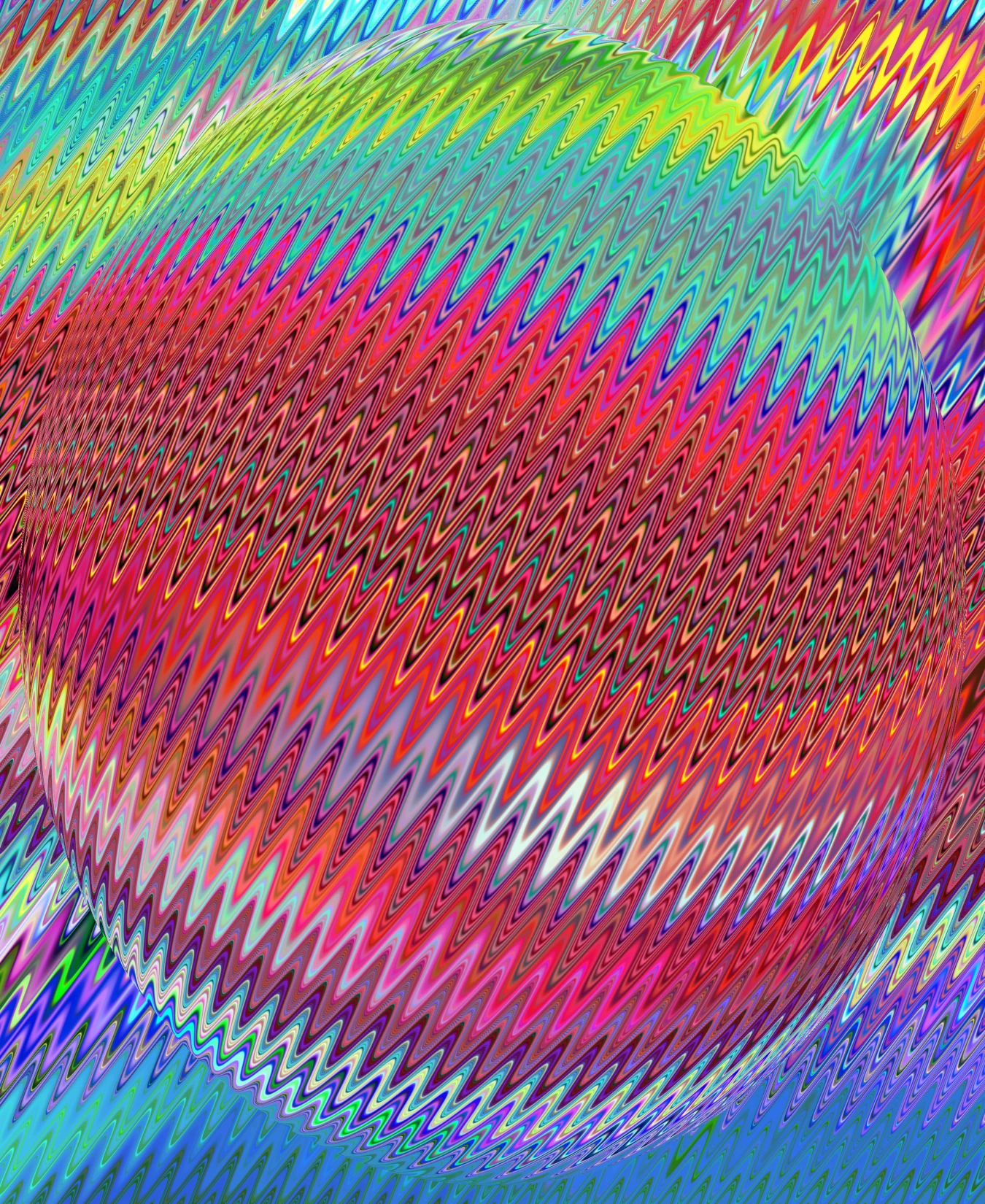The Bad Karma of Utopia
Why does utopia feel cursed? Maybe because it's built on a shaky bet: that you can force messy humans into a perfect mold. History's full of flops-Soviet collectives, Mao's Great Leap-that promised paradise but delivered prison camps. The dream sours when crazy, envious types hijack it, shoving it from one extreme to another. They don't just want the prize; they want to control it, and if they can't, they'd rather burn it down. That's the destructive branch-when a split could've been soft, they slam the door and spawn a feud.
I see it like this: utopia's karma goes bad because it's too rigid. It ignores trade-offs-total equality might kill ambition; total peace might stall progress. It's like trying to hold water in your hands-the tighter you grip, the more slips away. Karl Popper got it right: utopian thinking turns authoritarian fast, because dissenters become glitches to erase. But there's a flip side-utopias inspire. They nudge us to imagine better. The trick is keeping it a guide, not a gospel.
Channeling the Chaos
This idea of extremes stuck with me, and it poured into my digital art. Check out "Crazy" ↓
- under the Free Art License, so feel free to vibe with it. It's all jagged reds and blues crashing into each other, no blending, just tension. I made it while half-listening to some radio station, vocals blaring, and I didn't even know what hit me. It wasn't about smashing guitars-that's too wild, too reckless. I was channeling, not conducting. Like I've been telling friends lately: we've got to distinguish whether the narrator's pointing to an event or running the show. I'm the one watching the storm, not stirring it.
That station? Total crumbling hype-high, drunk, or just way too wired. The vocals had that sloppy edge, like a DJ three drinks deep, and I noped out fast. But it left a mark-those clashing colors in "Crazy" are the storm I saw, not the one I kicked up. It's not about destruction for kicks; it's about catching the push-pull of extremes without getting lost in it.
Goebbels, Welles, and the Power of the Mic
Speaking of storms, Grok and I got into Joseph Goebbels and Orson Welles-two guys who knew how to make a voice carry. Goebbels, Nazi propaganda boss, was a conductor. He turned radio into a weapon, flooding Germany with cheap receivers and relentless lies-German glory, Jewish blame-until people didn't just hear it, they felt it. His 1943 "Total War" speech flipped a losing war into a noble fight, all tone and no truth. He didn't care about facts; he cared about belief.
Then there's Welles, 1938, "The War of the Worlds." He narrated a fake Martian invasion like breaking news-explosions, panicked voices-and some folks bought it, running from imaginary tripods. Was it national panic? Maybe not millions, but enough to make waves. Newspapers hyped it to dunk on radio, but the point stands: delivery trumped reality. Goebbels controlled the chaos; Welles stumbled into it. Me? I'm just watching, sketching the static.
Both showed how fast a story spins when it's packaged right-radio's intimate, urgent, sneaky. My art's got that echo-not the propaganda or the hoax, but the energy of extremes slipping loose. I'm not smashing the mic; I'm pointing at the mess.
A New View: Freedom Grows Green
All this crumbling-utopias, hype, chaos-makes me think we need something new. People are done with old sayings; we need wise catchphrases, a fresh worldview. I'm betting on the green transition for that. It's not just solar panels or wind farms-it's a hook, a story we're all in, a chance to ditch the extremes and grow something steady.
What's "freedom grows green" mean? It's liberty with roots. Not the old freedom to burn through everything, but the space to live clean, to split soft, to thrive without choking the planet. The green transition could be that shift-less forcing utopias, more letting them breathe. Success isn't guaranteed-Big Oil's still in the ring-but if it lands, it's a new lens: practical, green-tinged, authentic.
Created with assistance from Grok, an artificial intelligence designed by xAI. Its contributions were instrumental in shaping the discussion, from the critique of utopian ideals to the conceptualization of a greener freedom.


Comments
Post a Comment